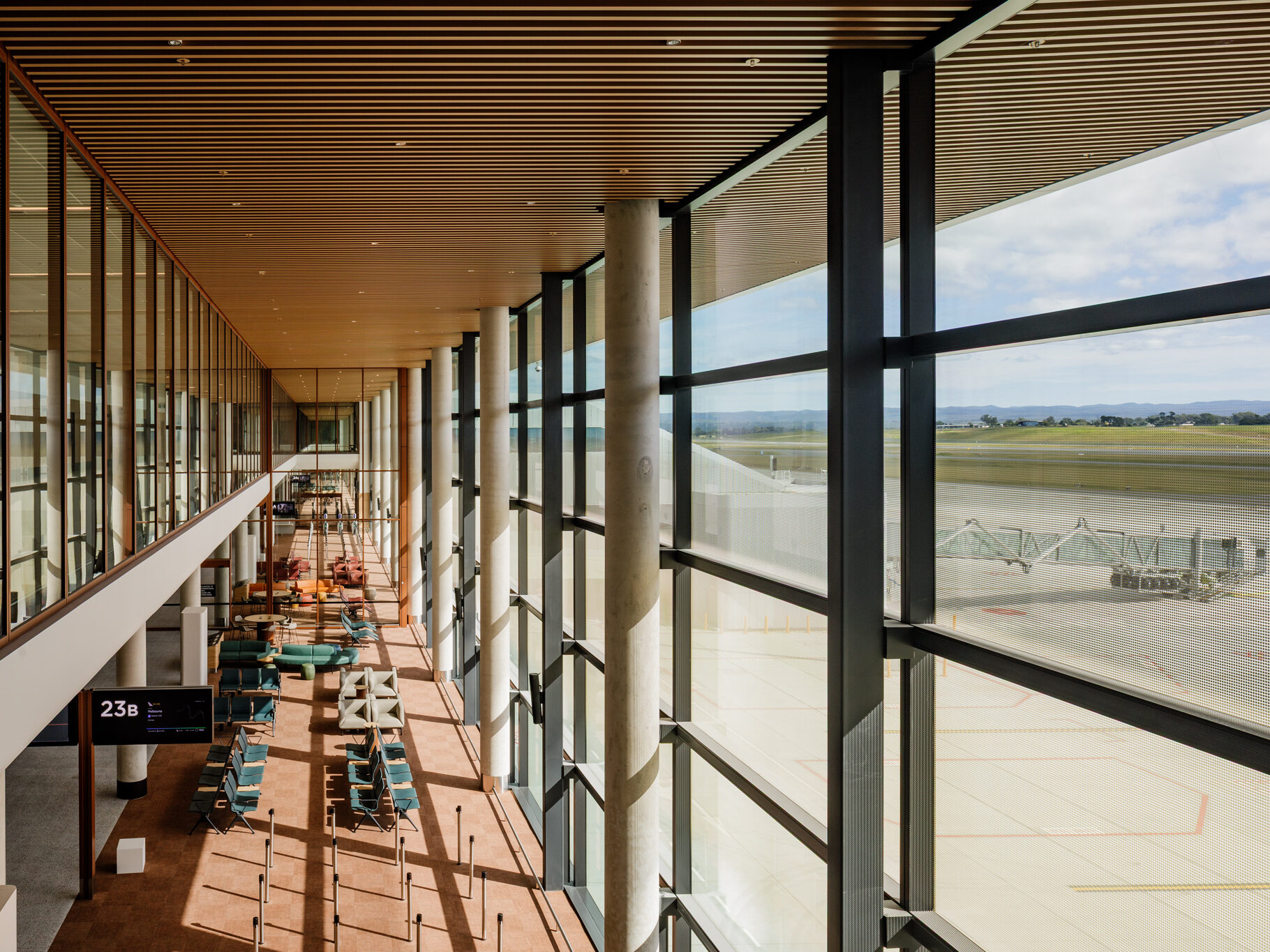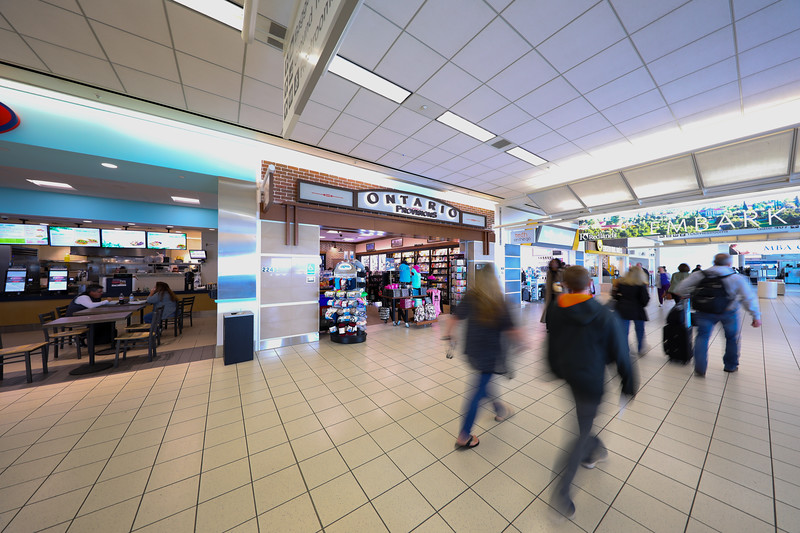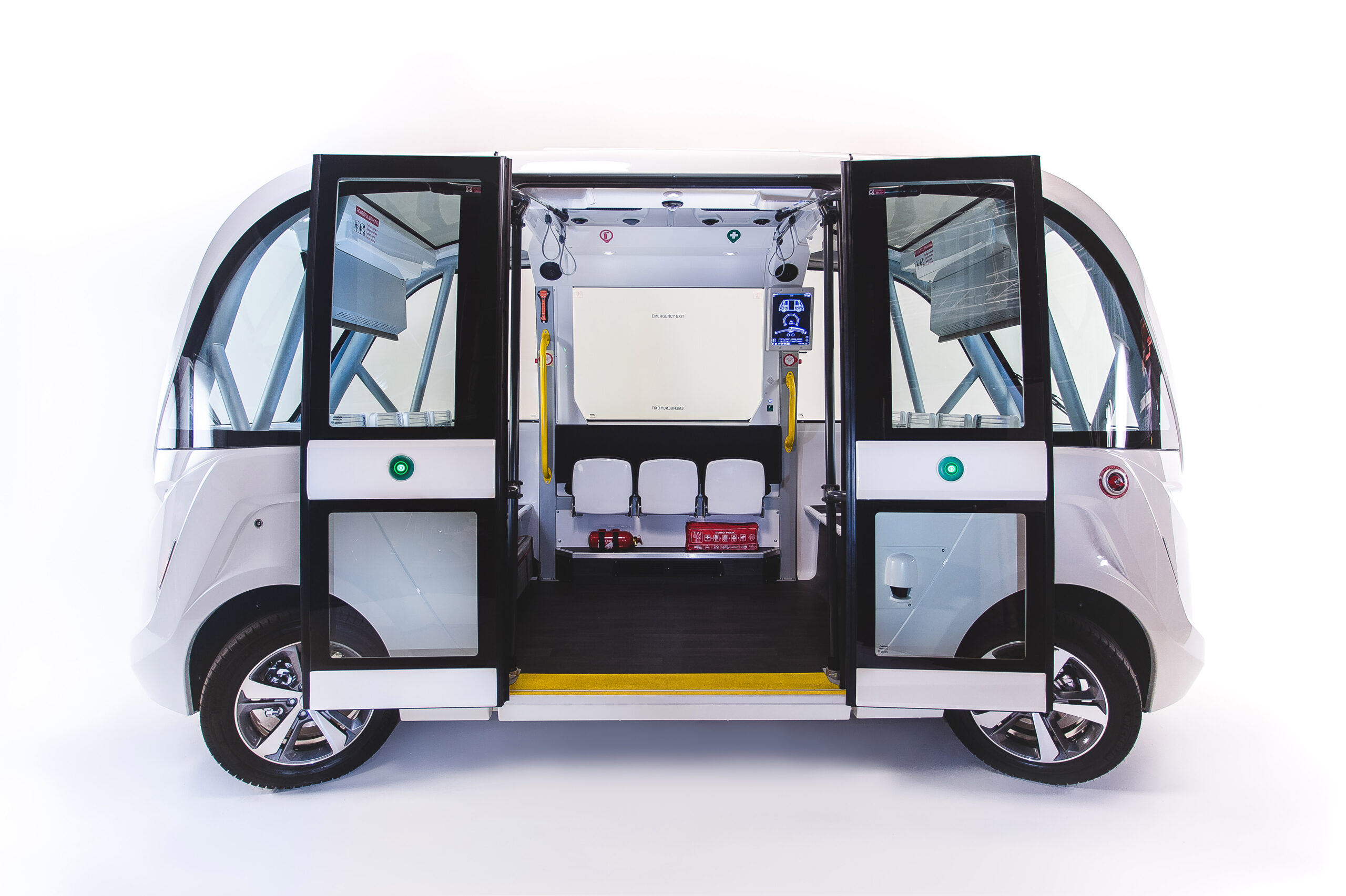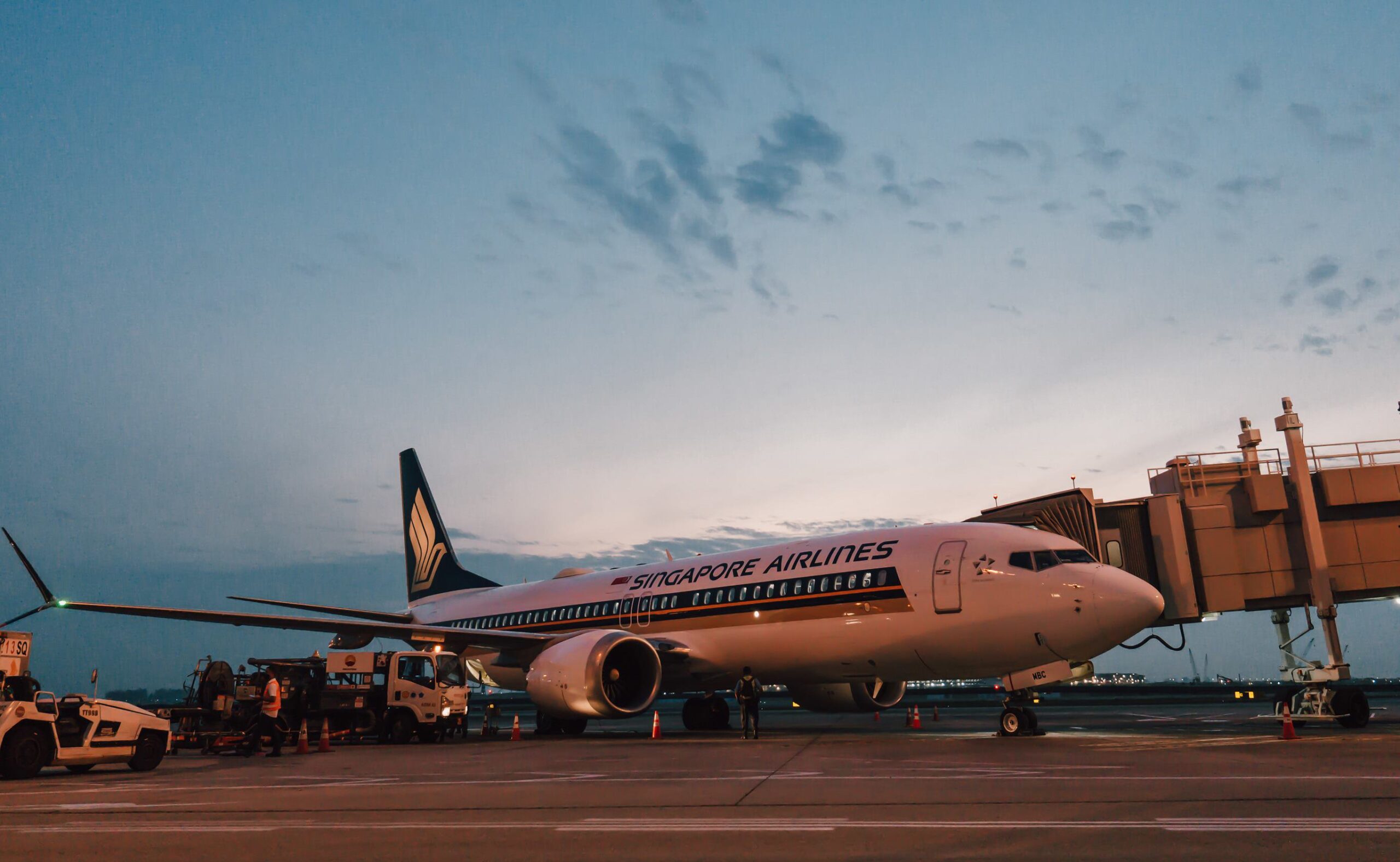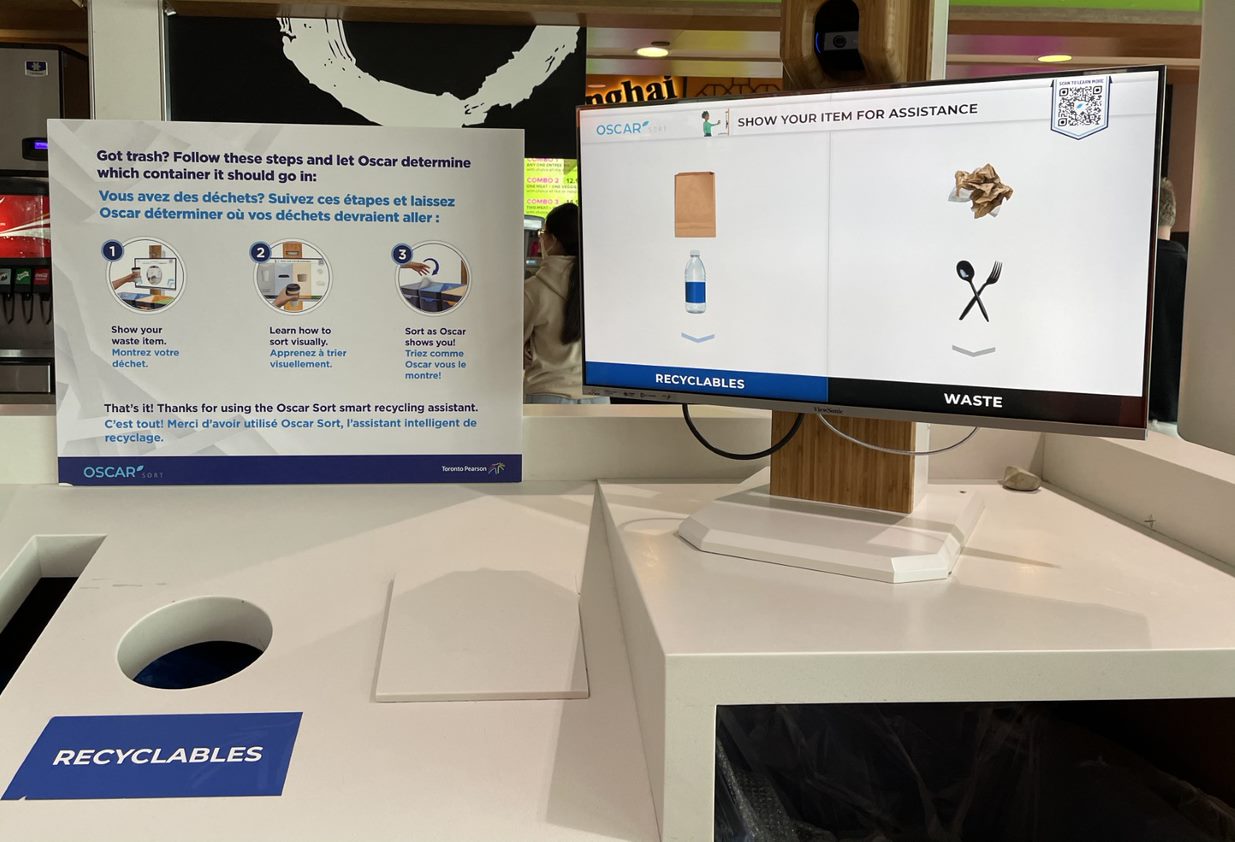The International Air Transport Association (IATA) has released the results from its 2022 Global Passenger Survey, which found that travellers primarily prioritise convenience throughout their airport experience.
Each year, the IATA Global Passenger Survey (GPS) provides data and insights regarding the preferences and behaviours of air travellers.
In 2022, the survey identified top satisfaction levels for areas such as booking, check-in and arriving at the airport. However, it also identified transfers, border control and baggage collection as primary stress areas.
In addition, the survey highlighted that proximity is the primary factor that passengers consider when choosing a departure airport, followed by ticket price and airline availability. This priority suggests that faster and reliable transport to and from an airport could be a key influence in attracting passengers.
Touchless Technologies
To reduce queuing times and minimise hassle at the airport, 83 percent of respondents stated that they would be willing to share personal data in advance, while 75 percent would be keen to use biometrics instead of passports or boarding passes.
This preference supports the recent installations of biometric technology at international airports such as Miami International Airport to help improve the passenger experience.
However, the top concerns associated with biometric boarding were identified as loss of data due to data breaches and a lack of knowledge of who the data is shared with and how it is handled or stored. In implementing such technology, it is therefore vital for airports to effectively communicate data protection policies with passengers.
Baggage Handling
Baggage handling was also identified as a key area for improvement in the airport experience. Two in five passengers stated that they had had their baggage mishandled, while one in five expressed dissatisfaction with the service provided.
The survey revealed that accurate tracking would help improve this process. Indeed, 81 percent stated that they would be more likely to check in bags if they could be tracked at all times, while 51 percent would be interested in a baggage information system and 50 percent would like to use an electronic bag tag.
In addition, respondents would also appreciate alternatives to checking in baggage at the airport, such as airlines transferring bags from their home to their final destination, the opportunity to check in baggage in advance at a location closer to home, or baggage travelling on an earlier flight so that it is ready at the final destination.
This added convenience is being implemented in some future systems, such as the Rail Baltica ‘Air To Rail’ service that allows passengers to register and transfer their luggage between international railway stations and airports.
Transfers
Finally, passengers also expressed room for improvement in the transfer experience.
Specifically, this process could be improved by eradicating redundant procedures like having to pick up and re-check baggage and having to go through security and immigration at multiple locations.
These results highlight some of the key factors and processes that airports should consider implementing in their future improvement programmes.




